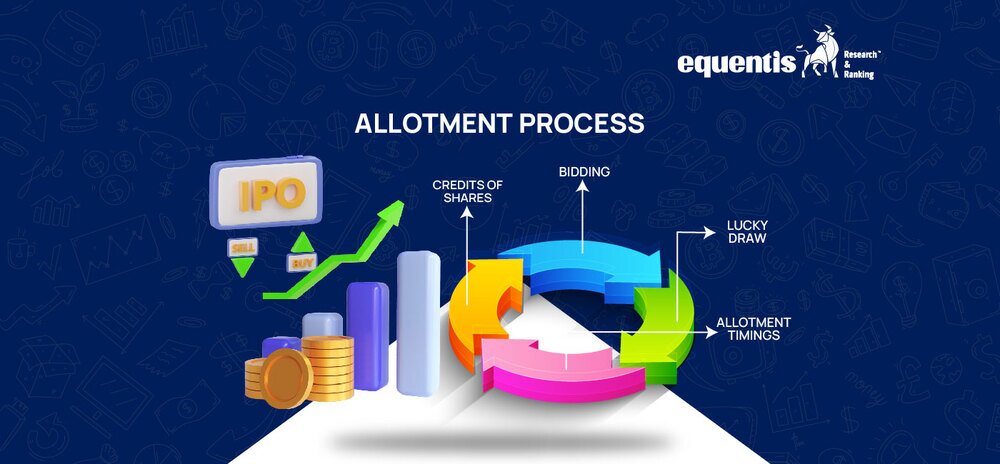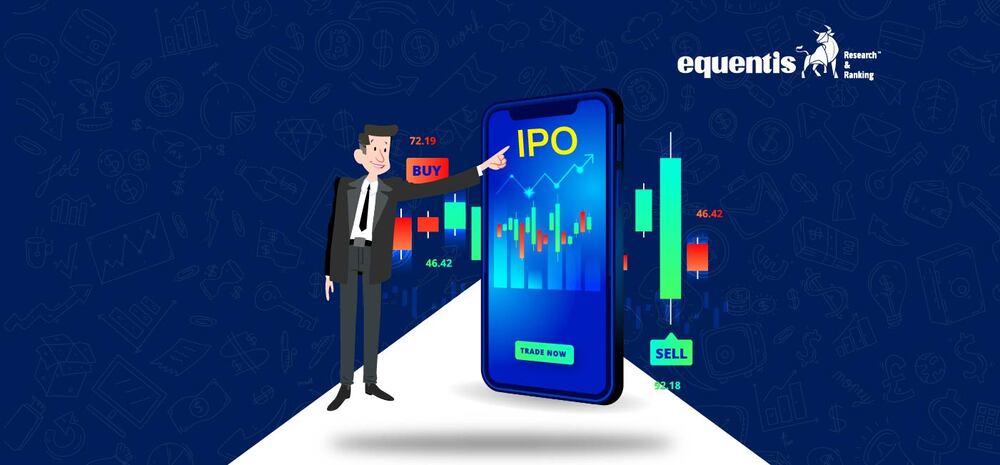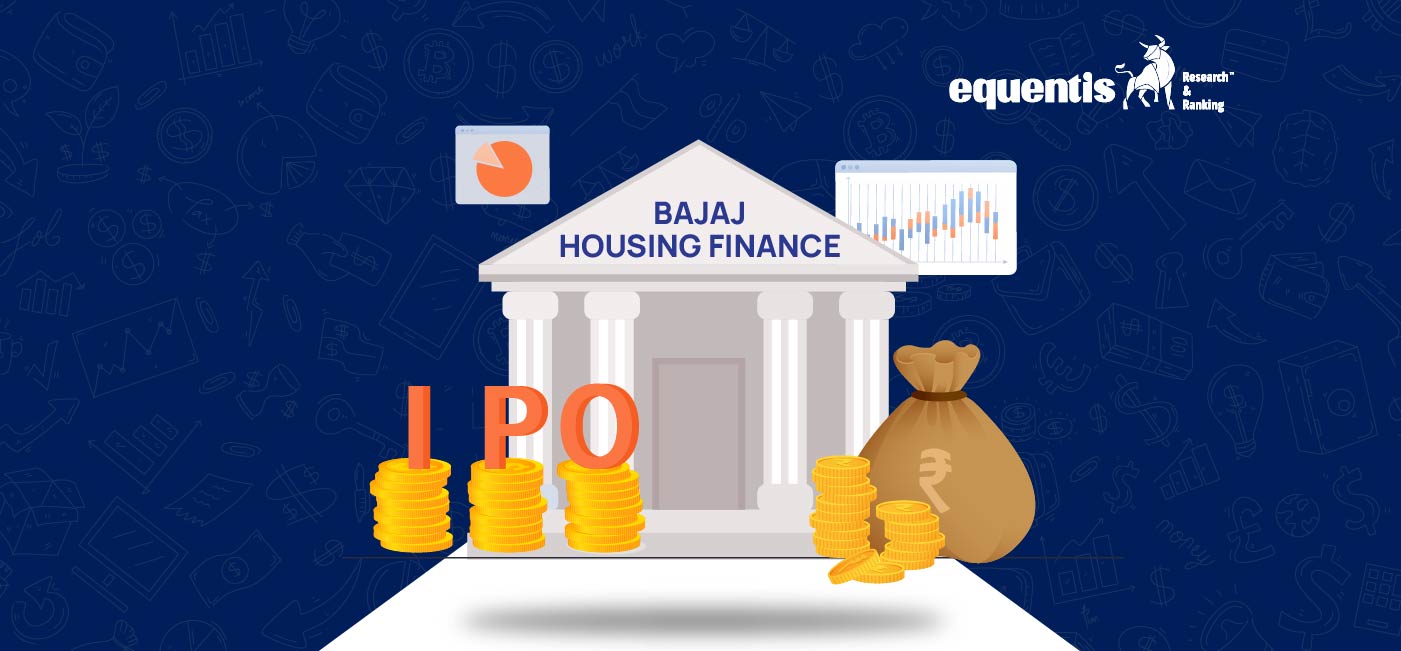Upcoming IPOs
Latest IPOs to watch for
What are upcoming IPOs?
Watch for all the new opportunities coming your way
Upcoming IPOs are companies preparing to go public and list their shares on the market soon. Staying informed about upcoming IPOs allows investors to evaluate new opportunities in advance, analyze company fundamentals, and plan their potential investments.
Get a list of all upcoming IPOs here!
Upcoming IPOs
Get all the details here!

Company Name
IPO Date
IPO Size (in Cr.)
Price Band
Lot Size
![]() Unlock Stock of the Month
Unlock Stock of the Month
T&C*
How do IPOs work?
An IPO occurs when a private company offers its shares to the public for the first time. Investors can apply to buy shares in upcoming IPOs in the primary market, providing a unique opportunity to invest early. Once the IPO is complete, the company's shares are listed on stock exchanges, allowing them to be publicly traded. Companies typically launch upcoming IPOs to raise funds for growth and expansion, making these offerings highly anticipated in the investment community.
 Learn More
Learn MoreHow do you apply for upcoming IPOs?
To participate in an IPO, you first need to open a Demat and trading account. Once your account is set up, check the available IPOs and select the one you wish to invest in. Next, apply through your broker account and confirm your application. After submitting your application, wait for the allotment process to complete. Once the shares are allotted to you, you can begin trading them in the stock market.
 Learn More
Learn MoreWho can invest in upcoming IPOs?
- Retail Investors: Individual investors with a demat account.
- Qualified Institutional Buyers (QIBs): Institutions like mutual funds and insurance companies.
- Foreign Institutional Investors (FIIs): Foreign entities allowed under regulatory norms.
- High Net-Worth Individuals (HNIs): Wealthy individuals with significant financial resources.
- Corporate Entities: Companies investing as part of their strategy.
How to check allotment status of upcoming IPOS?
To find out your IPO allotment status, head to the registrar’s website, such as Link Intime or KFintech, and enter details like your PAN, application number, or DP/client ID to check the outcome. You can also use the IPO status pages on stock exchange websites like NSE or BSE by providing the required information to see if shares have been allotted to you.
 Learn More
Learn MoreIPO reads
Stay updated with the latest IPO developments
More on IPOs
Navigate your way to other IPO resources
Spotlight on upcoming IPOs
Breaking down IPOs for you!
FAQs on upcoming IPOs
Find answers to common questions!
Market sentiment plays a significant role in the success of upcoming IPOs. Favorable market conditions and investor optimism can contribute to a successful IPO, while unfavorable conditions may lead companies to postpone or reconsider their public offerings.
Individual investors can participate in upcoming IPOs through brokerage accounts. It's essential to have an active trading account with a brokerage that facilitates IPO investments. The process typically involves placing orders for shares during the IPO's subscription period.
While some investors may aim for short-term gains with IPOs, it's crucial to approach such investments with a long-term perspective. Short-term market fluctuations can impact stock prices, and a well-thought-out investment strategy is advisable.
The lock-up period is a timeframe after an IPO during which company insiders, such as employees and early investors, are restricted from selling their shares. Understanding the lock-up period provides insights into future stock supply and demand dynamics.
Regulatory bodies, such as the Securities and Exchange Board of India (SEBI), are crucial in overseeing and approving IPOs. Investors should know the regulatory framework and approvals required for upcoming IPOs to ensure compliance and transparency.
Upcoming IPOs refer to companies that have announced plans to go public and are preparing to launch their initial public offerings. These IPOs typically have a set subscription date, which can be found in their announcements.
You can find information about upcoming IPOs through financial news websites, stock market platforms, and the official websites of stock exchanges. Additionally, brokers often provide updates on new IPOs.
To apply for an upcoming IPO, you need a brokerage account that supports IPO investments. You can fill out the IPO application form on your broker's platform during the subscription period.
Financial news outlets typically cover recent news and announcements about upcoming IPOs. Financial news outlets typically cover recent news and announcements about forthcoming IPOs, which can also be found on stock exchange websites. Following these sources can help you stay informed.
Potential risks include market volatility, overvaluation, lack of historical performance data, and operational uncertainties in the company. These factors can impact the stock price after it goes public.
To apply for an upcoming IPO, log into your brokerage account, navigate to the IPO section, and fill out the application form with the number of shares you wish to purchase. Ensure you have sufficient funds in your account.
Upcoming IPOs typically provide an IPO prospectus, which includes details about the company, its financials, risk factors, and the offering terms. This document is essential for potential investors to make informed decisions.
Yes, retail investors can participate in upcoming IPOs, often through a designated retail portion. This allocation allows individual investors to apply for shares at the initial offering price.
Market sentiment can significantly influence upcoming IPOs. Positive sentiment can lead to higher demand and potentially higher share prices, while negative sentiment can result in lower demand and performance issues once the stock is listed.
If an upcoming IPO is oversubscribed, shares are allocated proportionally among investors based on the number of shares they applied for. Some investors may receive fewer shares than requested or may not receive any at all.


 The Phoenix Mills Ltd. (PDF)
The Phoenix Mills Ltd. (PDF)
 Trending Sector
Trending Sector Top Losers
Top Losers Adani Ports and SEZ
Adani Ports and SEZ












